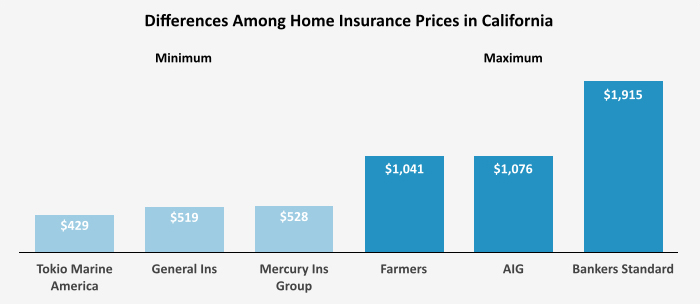
If you're deciding whether to buy travel insurance, it is important to know that some policies don't cover pandemics. Some policies may only cover such events once they have been declared. To get the full details of your policy, it is best to go through them. However, if you are unsure, it is best to opt for comprehensive travel insurance. It's also a good idea if your policy offers Cancel for Any Reason coverage.
Cancel for Any Reason coverage
Pandemics or epidemics are not covered under standard travel insurance. Therefore, those who do not choose the optional "Cancel at Any Reason" coverage are unlikely to be able pay for any pandemic-related costs. Because it doesn't cause a specific event, cancellation for any reason coverage is not considered insurance in New York. Insurers can still comply with the law if they prove that the benefit is related to an "authorized company."
Many insurance providers have been adding the COVID-19 pandemic to their travel policies in recent years. Travelers must be certified by their doctor to get this coverage. Additional coverage such as "I'm afraid you will travel" is not offered. Cancel for any Reason coverage is available to travelers who are eligible for 50-75% discount on their trip expenses. Travelers should know that this coverage is not available at all times. Cancel for any reason must be cancelled at least 2 days before departure to qualify.
Standard trip cancellation policy
Standard travel insurance policies may not cover travel costs resulting from a pandemic. To get this coverage, an upgrade must be purchased to your policy. The upgrade costs about 40 percent more than the standard policy and covers up to 75 percent of your trip's nonrefundable costs. This option is good if you're worried about an impending pandemic.

To determine if pandemic coverage is provided, make sure you read your policy. To check if there are any other mishaps, you can also go to your policy. Also, make sure that your policy limits are adequate to cover the expenses of other mishaps. Additionally, your policy should cover emergency evacuation and transport in an emergency.
Cancellation because of fear of Travel
In general, travel insurance policies won't cover cancellations for fear of pandemics. Some companies have relaxed their policy guidelines. You may be eligible for 50-75% of your trip costs under the optional Cancel For Any Reason benefit. But you have to act fast if you want to qualify for this benefit. Cancelling at least two days before departure is the best way to do this.
Standard travel insurance policies usually do not cover cancellations for pandemics or epidemics. This means that your plan won't cover your trip if you cancel due to "fear of travel." Travelers should realize that there are many reasons for cancelling their trip. It is possible to cancel a trip because of cancellations on airline flights or cruise ship suspensions.
Pre-existing conditions waivers
Pre-existing conditions may make you worry about your chances of getting injured or sick while on vacation. While most travel insurance policies won't cover you for such conditions, some policies may allow you to waive pre-existing condition coverage if your chronic illness is present.
This waiver allows you not to have to pay a high premium for a condition that you already have. If you have been suffering from a disease or other health problem for more than 60 days, you can get a waiver of pre-existing condition. To ensure that your policy covers you for this type of illness, make sure to check your medical records.

Cancellation coverage for COVID-19
Travel insurance is necessary if you travel to a affected region by the Covid-19 viruses. Some insurance policies provide coverage for cancellations of trips due to certain diseases. Others will pay quarantine costs. It doesn't matter if you are traveling for business or pleasure. You need to know what your coverage is.
Insurance policies often exclude loss from epidemics. If you are unsure, ask your provider for cancellation coverage. The amount of coverage you have and your policy limits will affect the answer. COVID-19, which is a transmissible disease, may be excluded by some insurance plans. If they're part a joint public/private initiative, however, others might provide coverage.